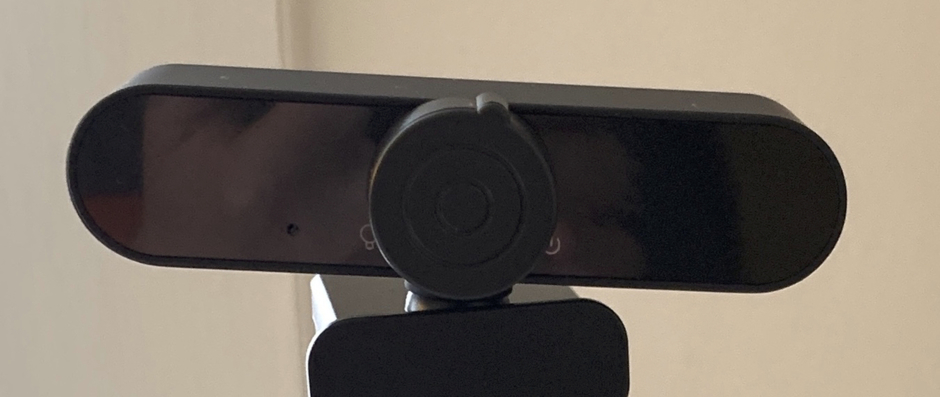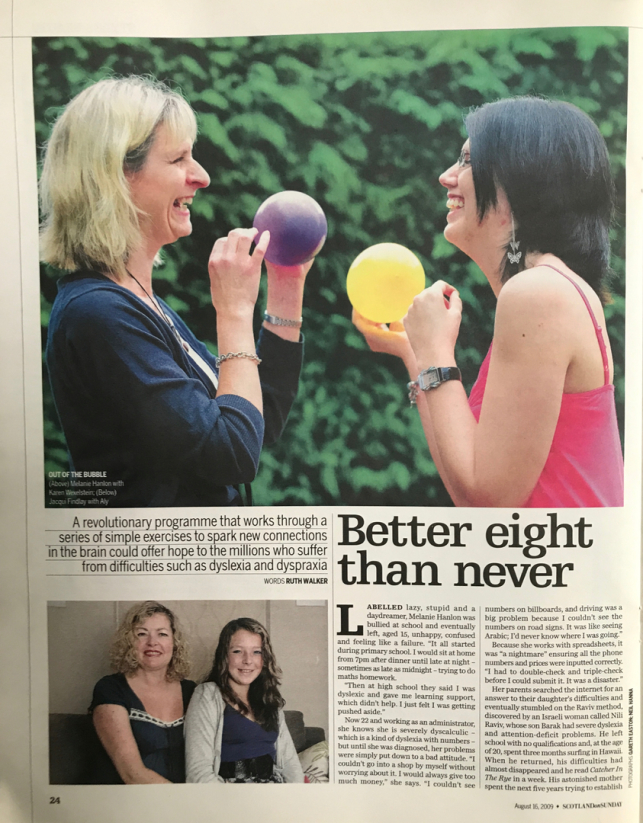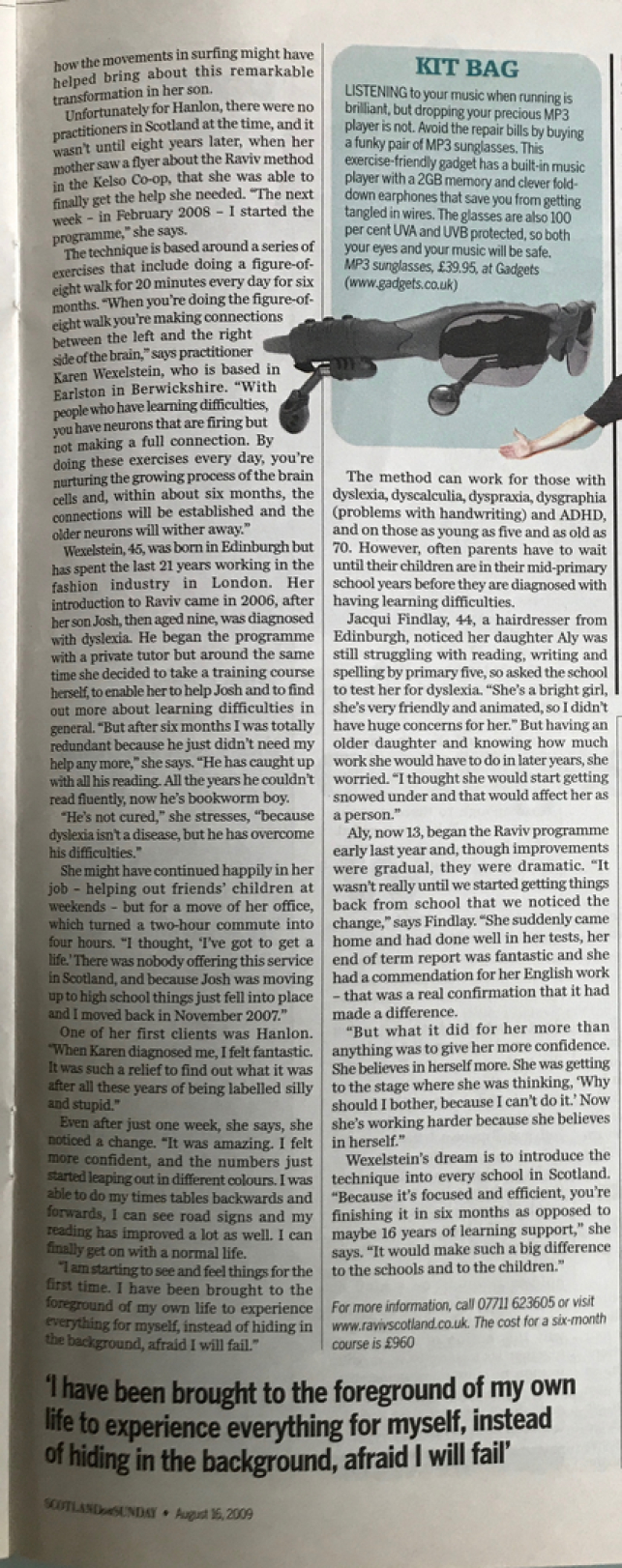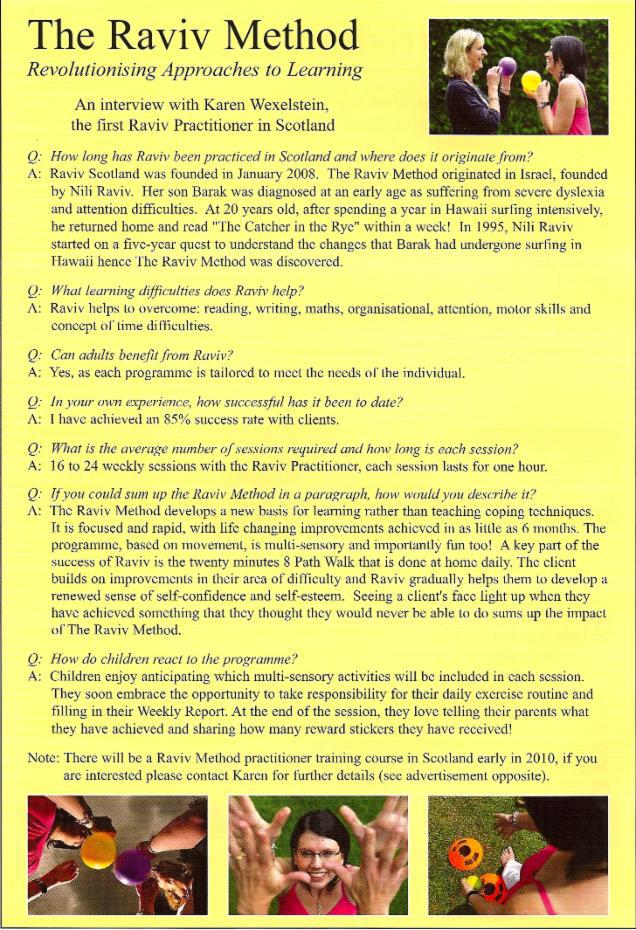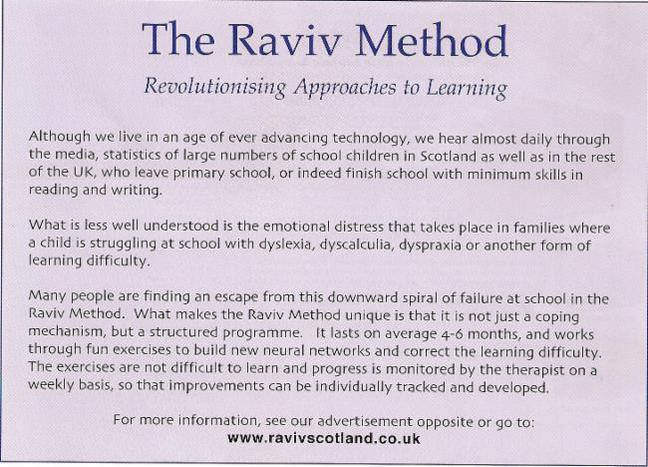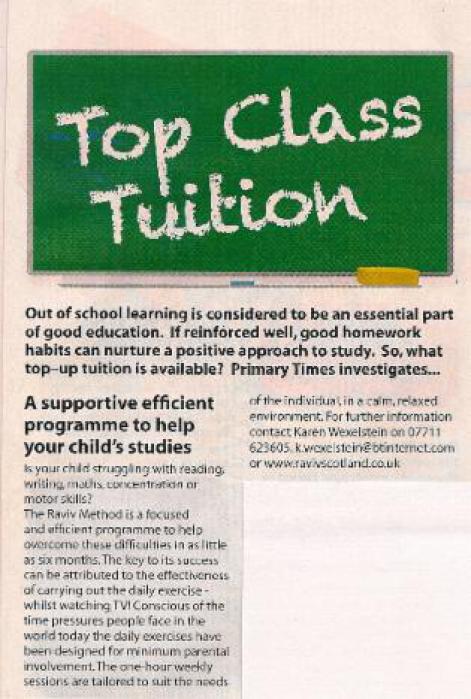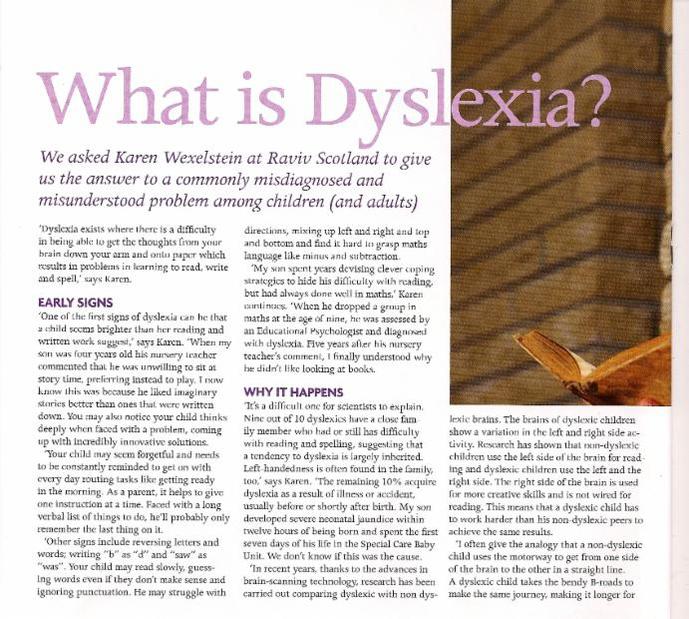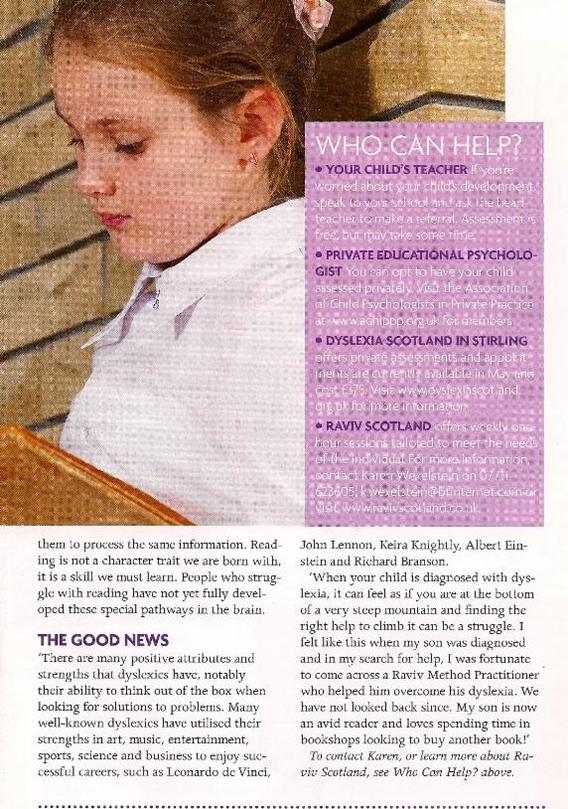Editorials

OVERCOMING
BARRIERS
WITH RAVIV
Learning can be challenging at times, especially for children and young adults with additional needs or learning disabilities.
The Raviv method is a new programme changing the way people learn with families across Scotland reaping the benefits. One couple shares their own experiences
Developing natural learning and essential life skills, the Raviv method can enhance pre-school learning, overcome learning disabilities and more to ensure children get the best start in life, which is what we all want for our children.
Karen Wexelstein is the only Raviv practitioner across Scotland dedicated to helping children develop. For nearly five months, Karen has been working with Jack and his parents. Even in this short time, the benefits of the method have presented themselves.
REWARDING

“At five years old Jack was very reluctant to write and draw at school. At home, we noticed that he had a very short concentration span to sit and write,” explains Jack’s mother Shirani Sabaratnam.
“I did some research on the internet and came across the Raviv method and how effective it was with children with learning development delays.
We really wanted Jack to catch up with his peer group in terms of writing, concentrating and being calm sitting at a table during meal times and at class.
Jack couldn’t sit still for more than a few minutes but there was no diagnosis of attention deficit hyperactivity disorder (ADHD). Since seeing Karen for a few months, Jack is much more able to sit at a table without a tantrum.”
Jack’s father, Stuart Cosgrove, adds: “Jack had a great nursery experience and transitioned quite well to primary school, where he is as happy as any young boy can be, but we sensed that we needed to give him more help.
What we liked about Raviv is that it had emerged out of a mother’s determination to try to crack the enigma of her child’s behaviours. We thought it was worth a go and it has been rewarding so far.”
IMPROVED SKILLS
Founded by mother and son, Nili Raviv and Barak Ben Schimchan, the method was developed with the intention to expand on learning and attention skills crucial for all children and adults to have.

During Jack’s sessions with Karen, which typically lastan hour, he gets involved with various tasks designed to improve brain activity.
From candle blowing, walking in a figure of eight for 20 minutes to drawing specific circles, triangles and swirls, the techniques are simple, yet incredibly effective.
Stuart explains: “Jack is obviously bright. His sight recognition skills were fairly advanced. He could point to triangles, squares or ovals to relatively obscure colours beyond the primary colours.
He floored us once by refusing to say purple and demanding the colour was magenta – then he would struggle to draw a triangle or to follow simple colouring-in books.
And Shirani enthuses: “One thing we didn’t expect was that Jack would enjoy the experience so much. He wakes up every morning demanding to go to Karen’s place.
It’s probably a mixture of things – he knows he goes there when school is out, it’s a drive with treats on the way and a bit of an adventure.”
INVOLVED
Children with dyslexia, ADHD, on the autistic spectrum, to adults who have experienced a stroke or brain injury: Raviv is a method that everyone can benefit from.
“We are a couple who think that parents should experiment and we know that there is no magic bullet when it comes to child rearing, but we would definitely recommend Raviv method as we have seen behavioural improvements,” adds Stuart.
“It does require effort; the drive is demanding and it involves parental dedication with homework and exercises on top of regular school home work.
We always have to remind ourselves that Jack is still very young and not to over demand.”
